According to a Target rep they have been including people with disabilities in their ads since the early 1990s. I shared a picture (on Twitter) of an ad they had last summer that included an adorable little girl with Down syndrome. Ryan has been modeling since he was 3. He has also been in Nordstrom catalogs (and Nordstrom has been using child models with Down syndrome since 1997).
In the above article it is mentioned that Ryan goes to school (and as the video clip puts it, "a school for Down syndrome children...") at The Arc of Essex County Stepping Stones School.
In this extended edition of the news piece (this part I don't believe was aired on TV) his parents discuss a little bit about sending him to this particular school.
The description on their website is that the school "provides education supports to children ages three to ten who have Down syndrome or other cognitive impairments." It says children with other cognitive impairments, but from the glimpses on the video it looks like all the kids in his classroom have Down syndrome.
Reading about this school I have to admit that for a few minutes I thought ... 'Huh. Interesting. What if a school like this was available for us to send Kayla to. Would we?"
Initially I thought there sure are some positive aspects to sending my child to a school like this.
- I imagine IEP meetings would be a piece of cake. I mean, there would be no discussion about how much time out of the school day your child would be 'included' in the general education classroom vs the special ed classroom.
- My child would have access to "Expertly trained staff utilizing the most up to date and effective techniques and strategies for children with Down syndrome." So the teachers and therapists and assistants would have training, and probably attend workshops/conferences, (maybe through Down Syndrome Education International) and read books (like Classroom Language Skills for Children With Down Syndrome, Teaching Math to People With Down Syndrome, and Teaching Reading to Children With Down Syndrome) geared especially for teaching children with Down syndrome. My child wouldn't be the first child with Down syndrome to be in their classroom.
- My child would be surrounded with other children just like her. She would walk through the halls and not be the only one, or handful, of students with Down syndrome.
- Everything would be tailored and designed to educating a child with Down syndrome.
Ryan's parents made this school decision with what they believe is the best choice for Ryan. And it looks like he's happy there and thriving and that's wonderful.
But yet, even though in some ways it seems ideal, that's not where I would ultimately want to send my child. I'm not judging Ryan's parents for making a different choice either - it's their choice and it's working for them. And this is only my opinion of why I wouldn't send Kayla to a school that was just for kids with Down syndrome.
- Where is the diversity? Where are the peer models?
- Aside from speech therapy, (and the adults in the school) where would she hear and receive and pick up on appropriate speech patterns and language from her peers?
- She wouldn't have the experience of a typical classmate teaching her things like swinging. (Ok I'm well aware that being in a school with all students who have Ds that she could very well have picked this up from another student w/Ds .. this was just one example of her experience at a typical school.)
- The Stepping Stones school only goes up to age 10. So then what happens after that? All of a sudden you're in a regular public school; would it be an easy transition?
- I want Kayla and Lucas to go to the same school (and I'm still frustrated that she's not at her neighborhood school as it is.)
- Meanwhile typical students and teachers at the public schools are missing out on an opportunity to know and educate a child with Down syndrome. How will perceptions change?
- Research shows that inclusive classrooms have just as much benefit for the typical students as it does for those with disabilities.
- This is actually the complete opposite of what I want for Kayla. I want inclusion, not segregation. While I'm sure it would be nice for her to be surrounded by all peers with Down syndrome that simply is not the way society works. My vision is for Kayla to be fully included through her schools years, and admittedly we're not there yet. It's just ideally that is what I would like for Kayla. But I realize not every school is fully on board with full inclusion. For full inclusion to work the attitude has to be there from administration to teachers to have it implemented in a way to benefit all students.
From Down Syndrome Education: Training for inclusion needs to be a priority in the training of all teachers. Training teachers in inclusion leads to better teachers, who are more skilled at meeting the diversity of learning needs that will be found in any group of typically developing children, as well as being able to include children with disabilities in their classes, schools and communities.
Last weekend I attended a workshop on preparing for inclusion in life. This covered elementary school through college and beyond. The presenter said a number of things that made an impact on me. One of which was about changing the world.
She said, "The world isn't ready for inclusion because society doesn't have experience with people with disabilities. We have the power to change that. The more familiar people get with people with disabilities in society the more accepting society will be. It is not enough to enable students with disabilities to reach their full potential. We must re-educate future employers, neighbors, friends, and parents."
Students who grow up having other students with disabilities in their classrooms are more likely to hire those with disabilities.
We have to start changing the mindset of future teachers, employers, doctors ... society in general ... that there is a place for those with Down syndrome/disabilities and that place is belonging right in with the rest of society. They don't need to 'earn' their place in society. People with disabilities should be included in all aspects because disability is natural.
I think this sums up inclusive education nicely: If we wish to make a difference to the life experience of children and adults with disabilities, all children need to grow and learn together, so that the neighbours, friends and workmates of adults with disabilities have the opportunity to value the person first, to realise that everyone has strengths and weaknesses and that everyone has a contribution to make to a caring society. Anyone can become disabled through illness or accident and everyone will become less able with age. Developing caring, inclusive, communities improves the quality of life of all members of the community. From DSE's Education for Children With Down Syndrome: An Overview
What are your thoughts?



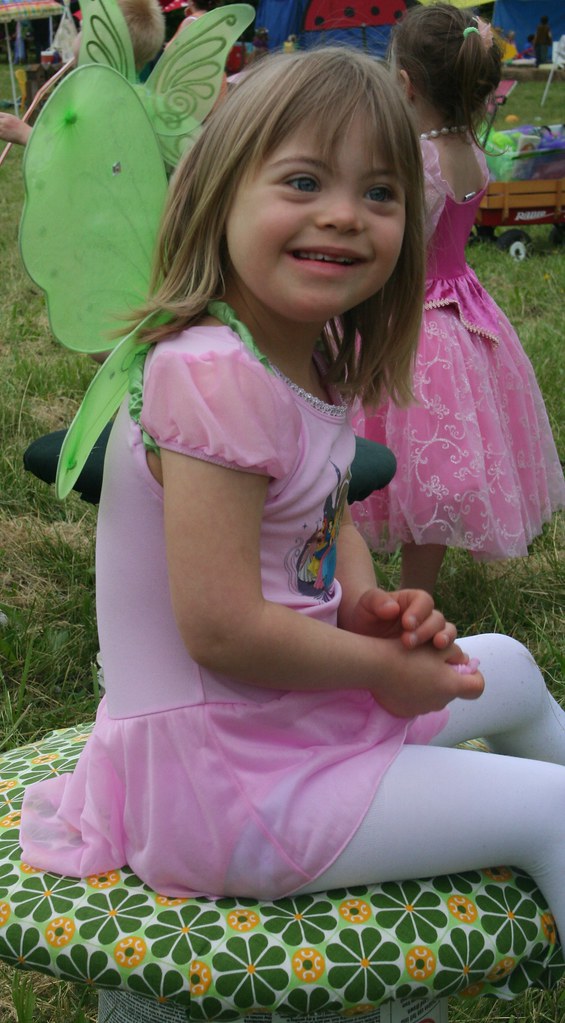

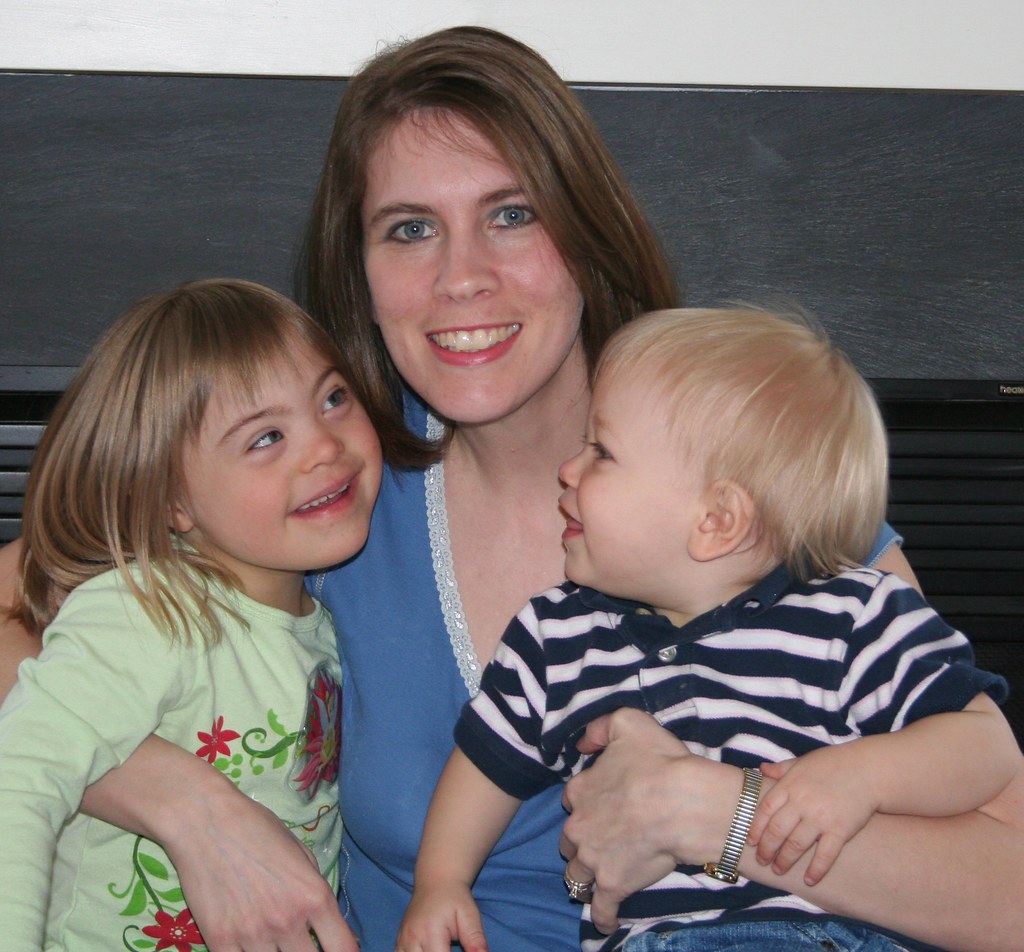
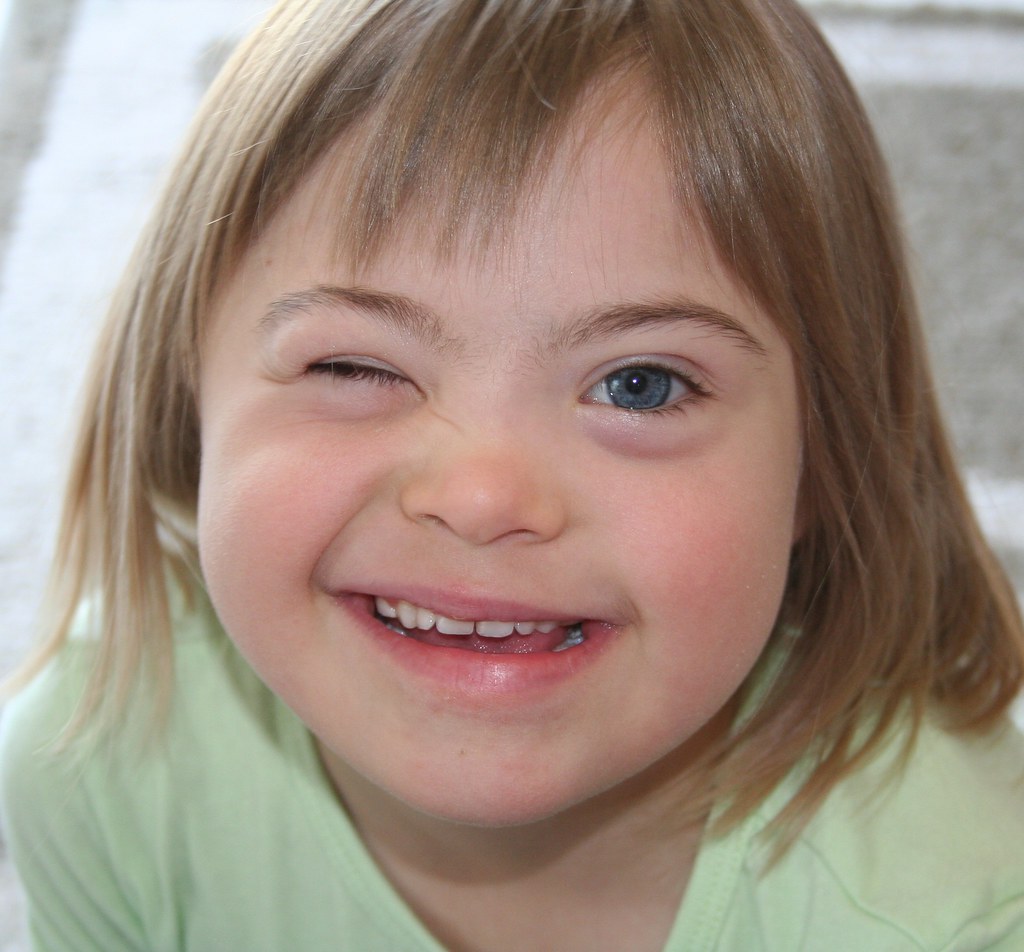
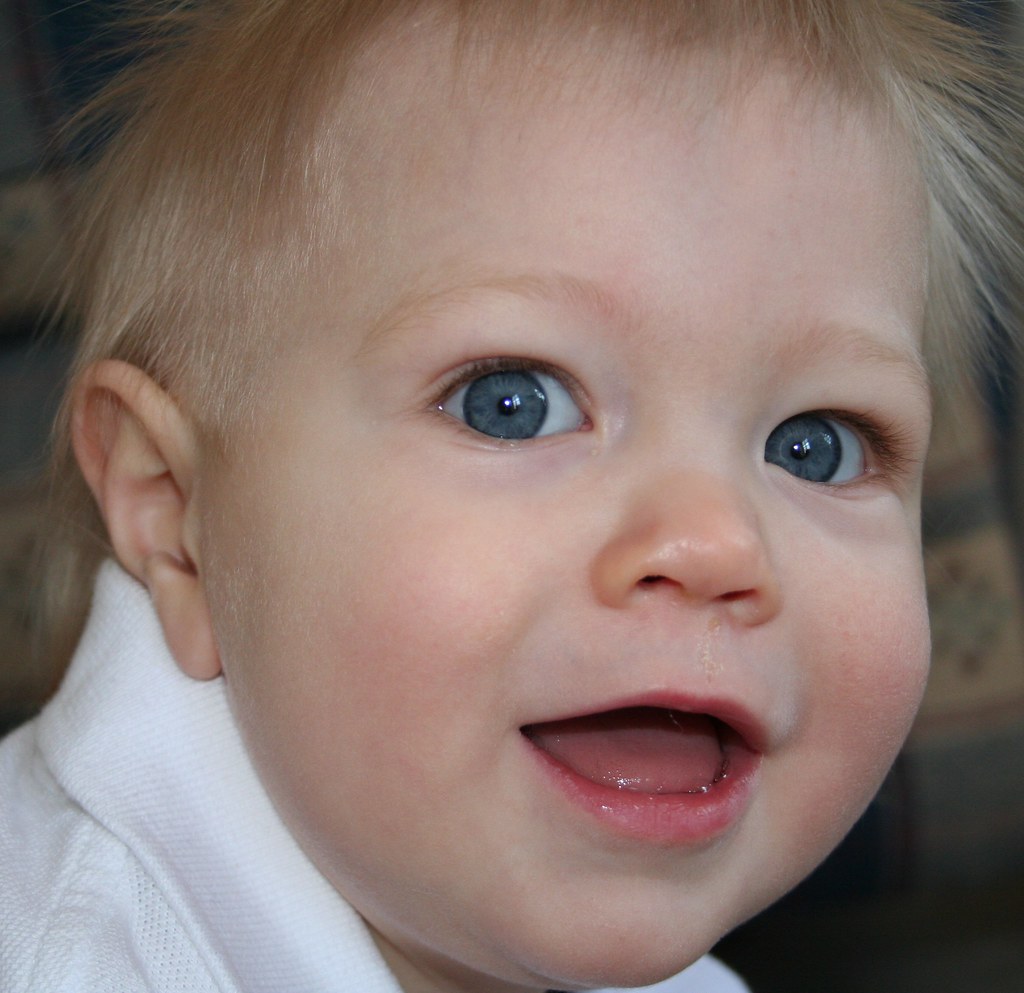
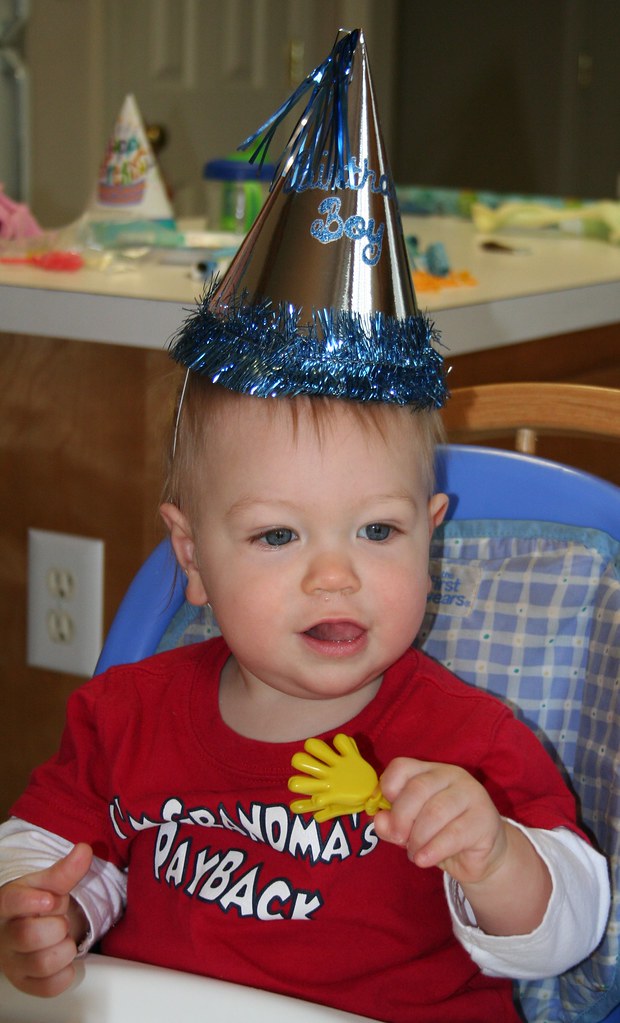
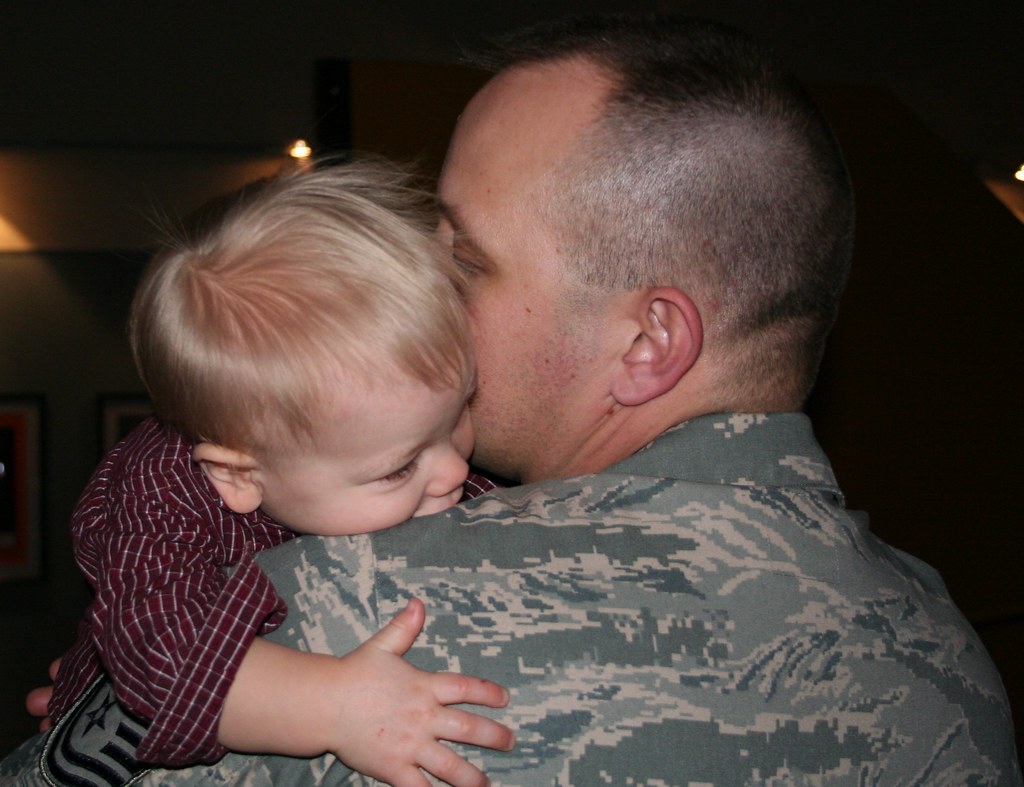
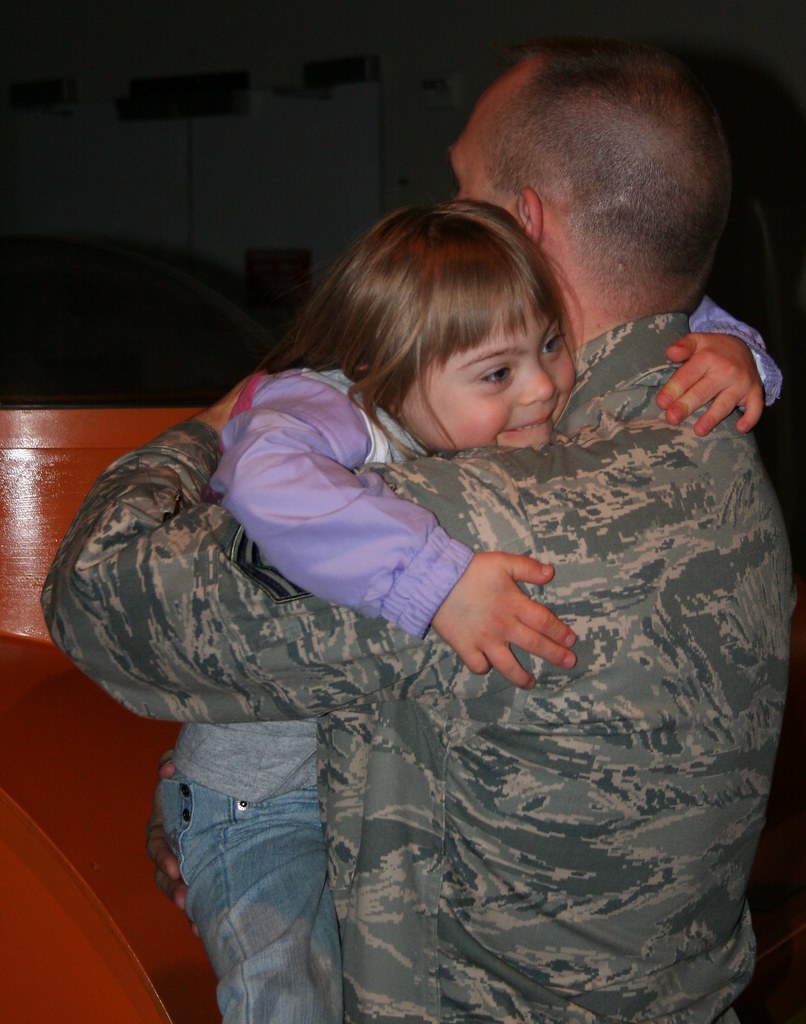
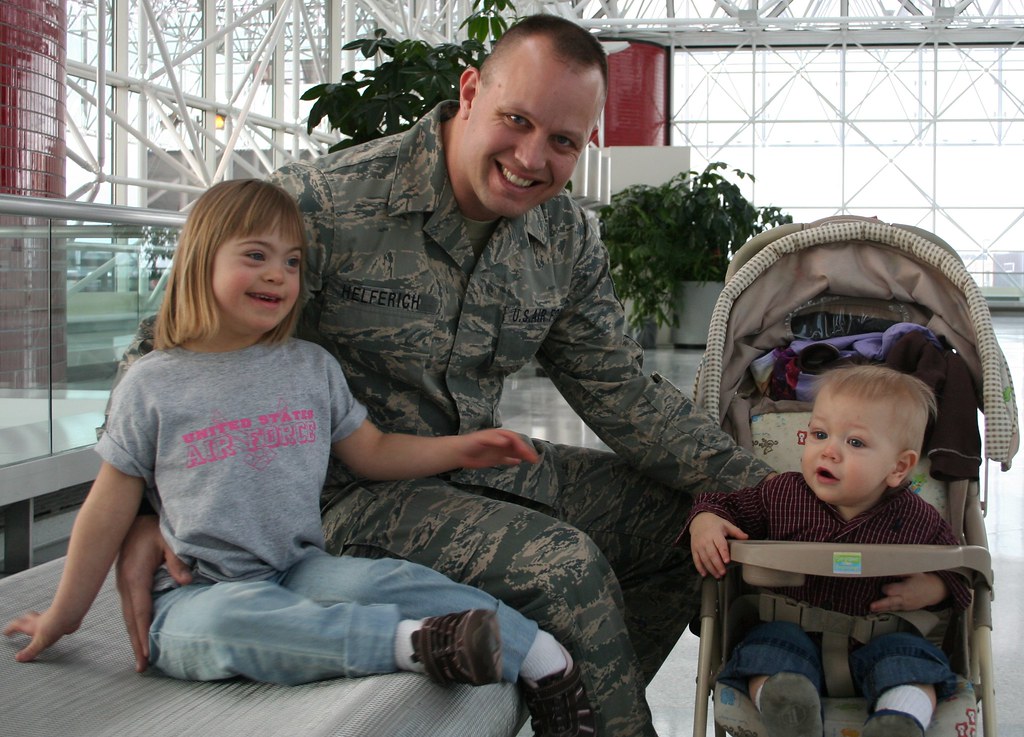
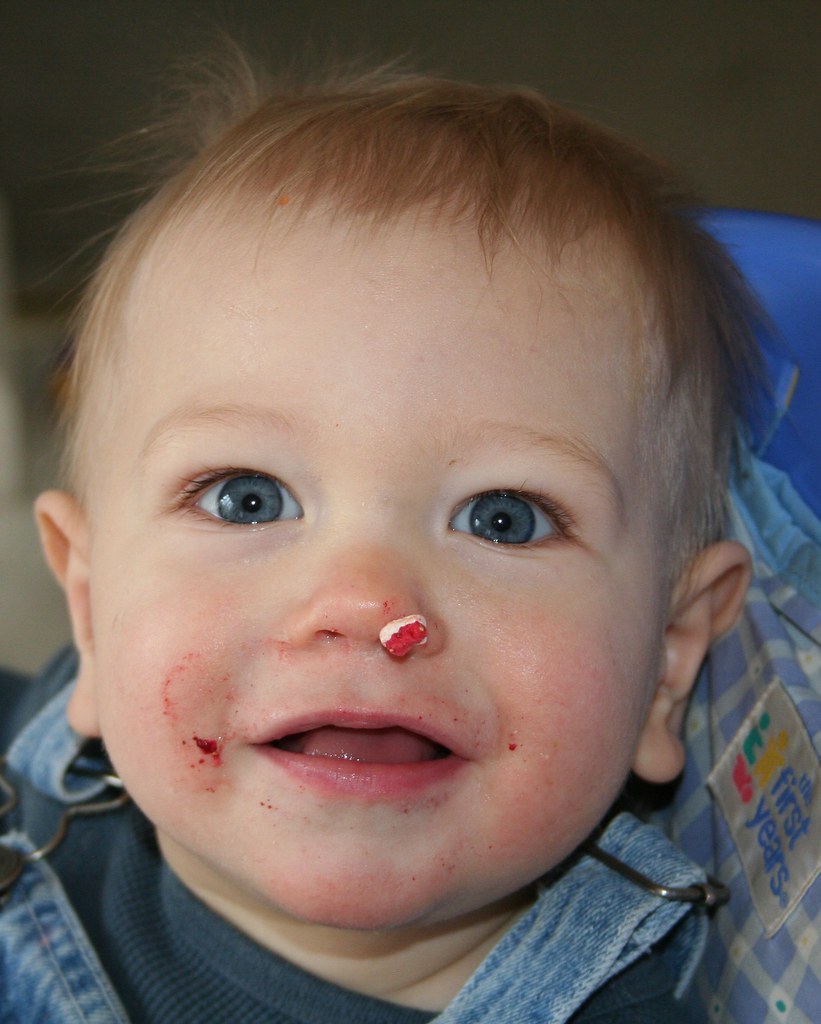
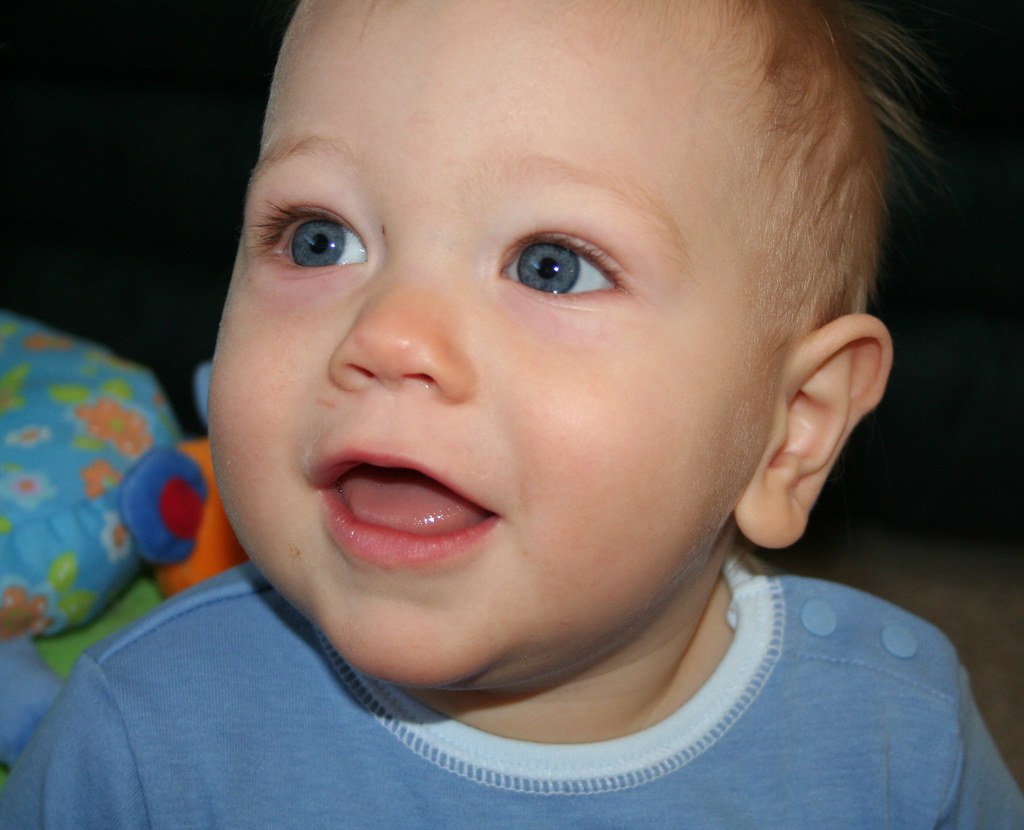
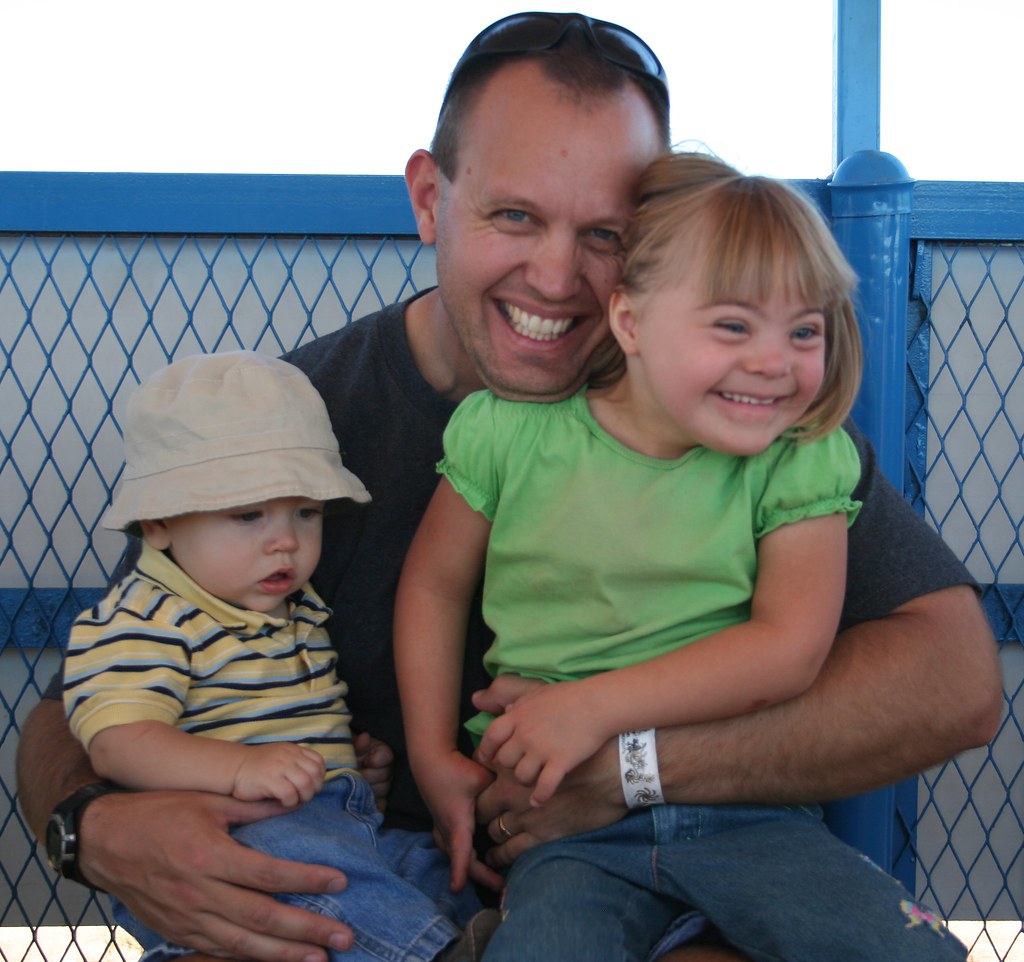
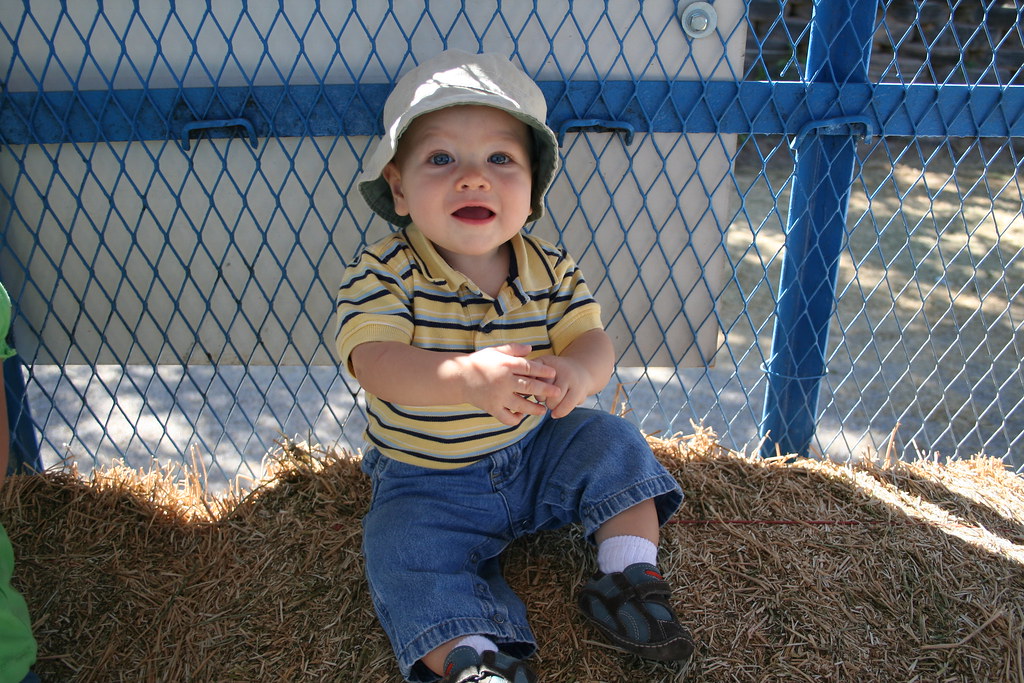
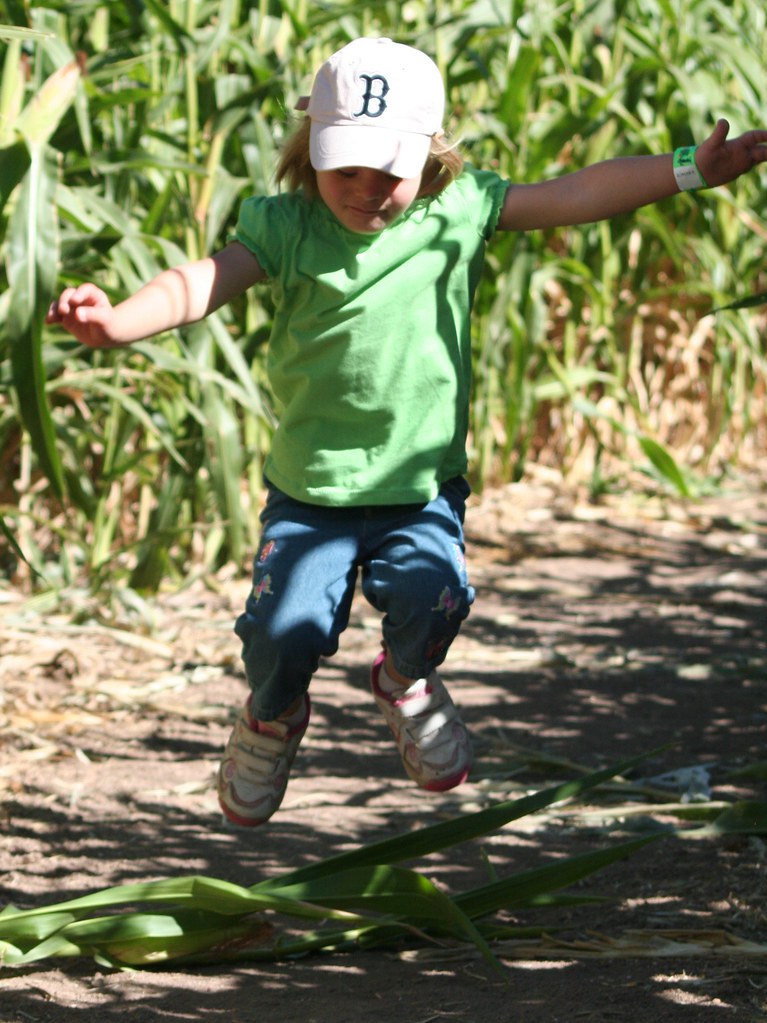
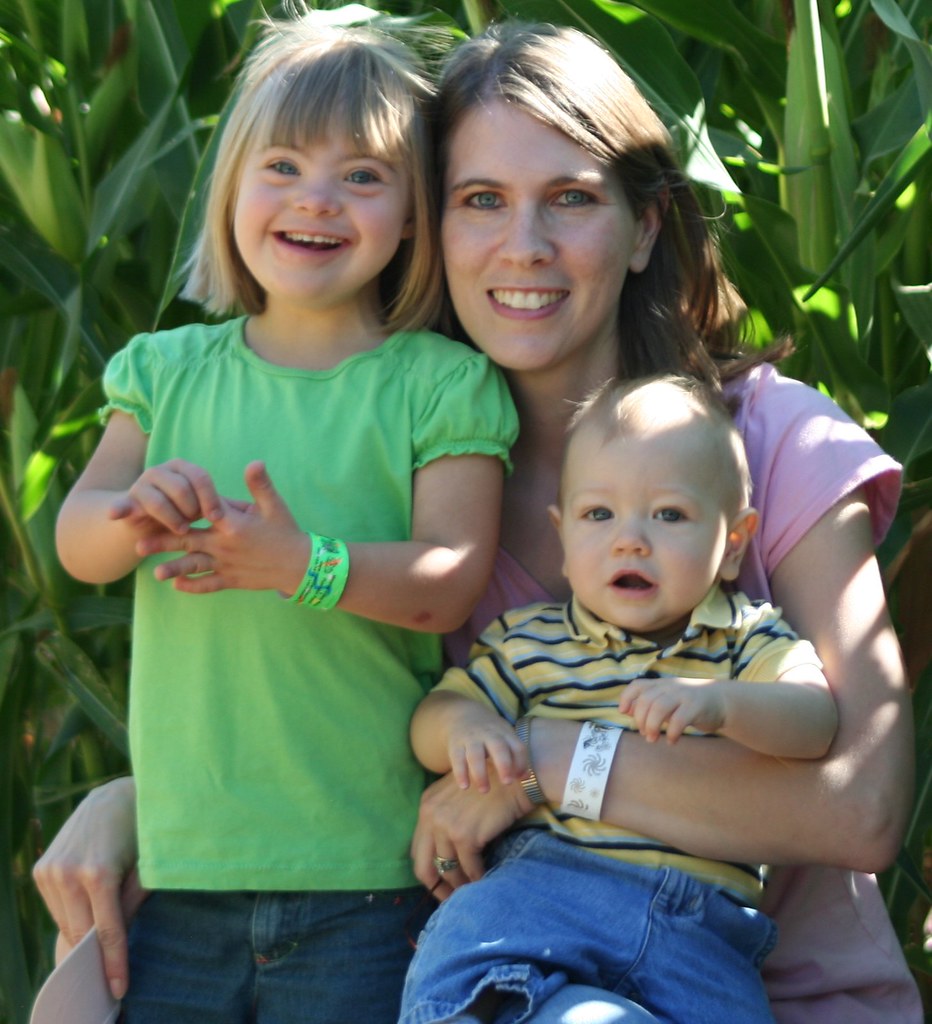
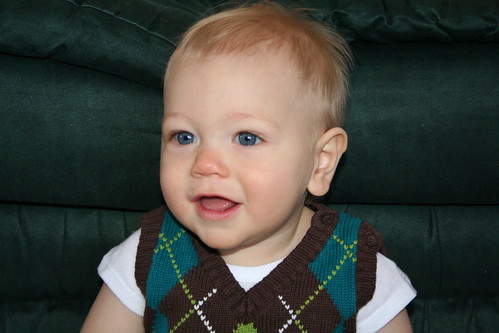

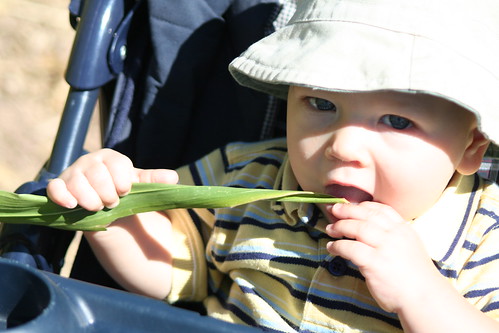
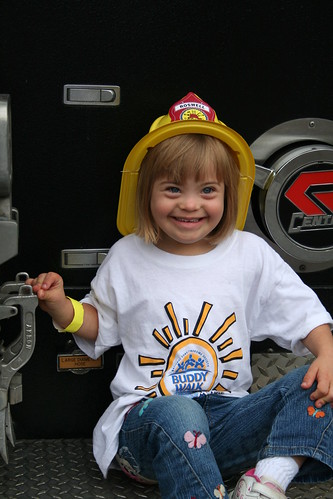
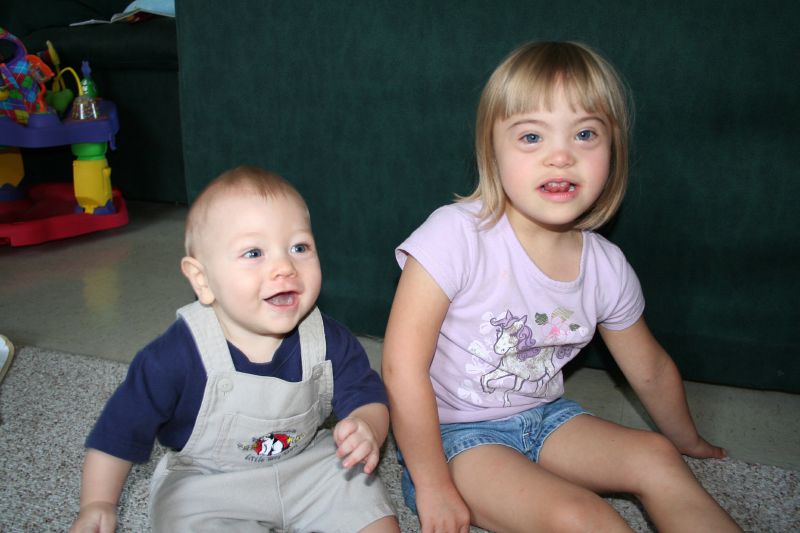
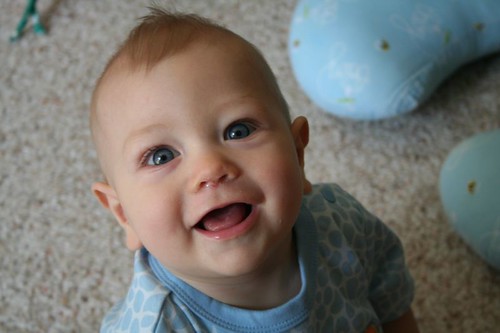
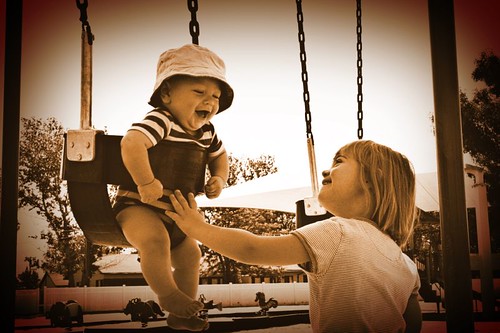
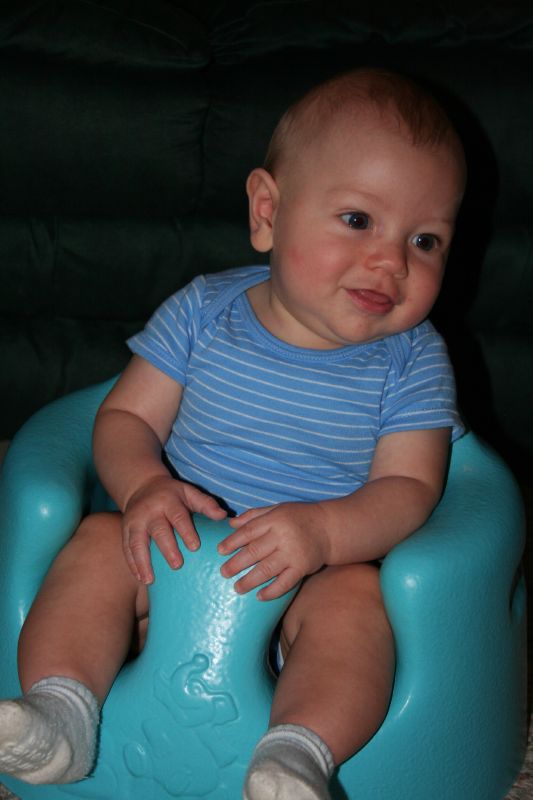
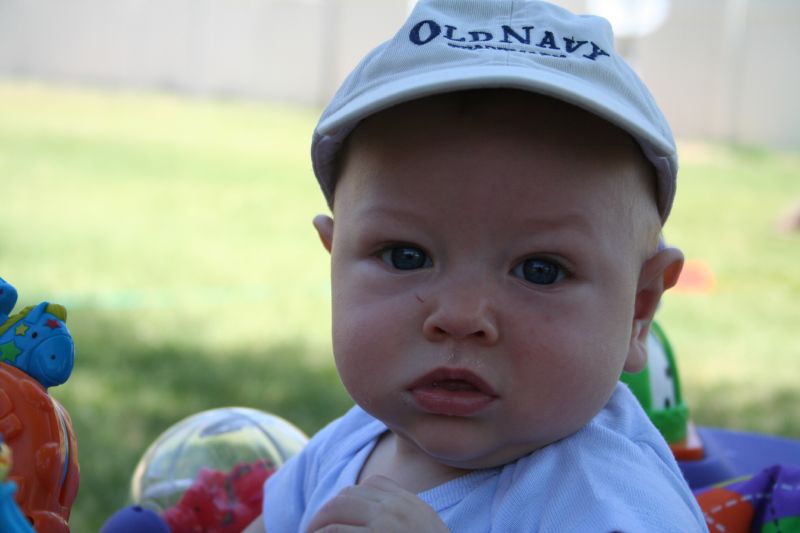
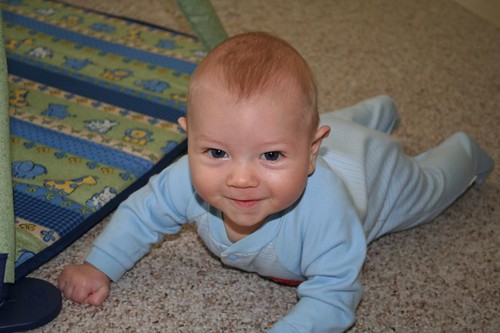
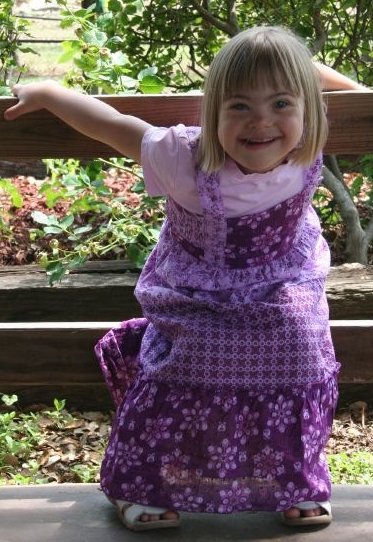
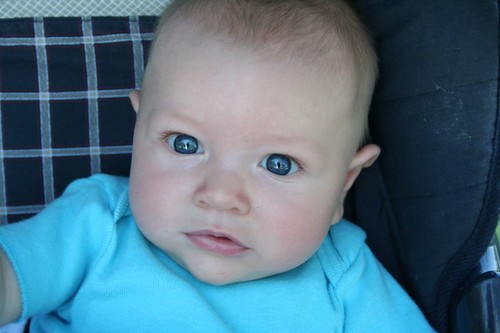
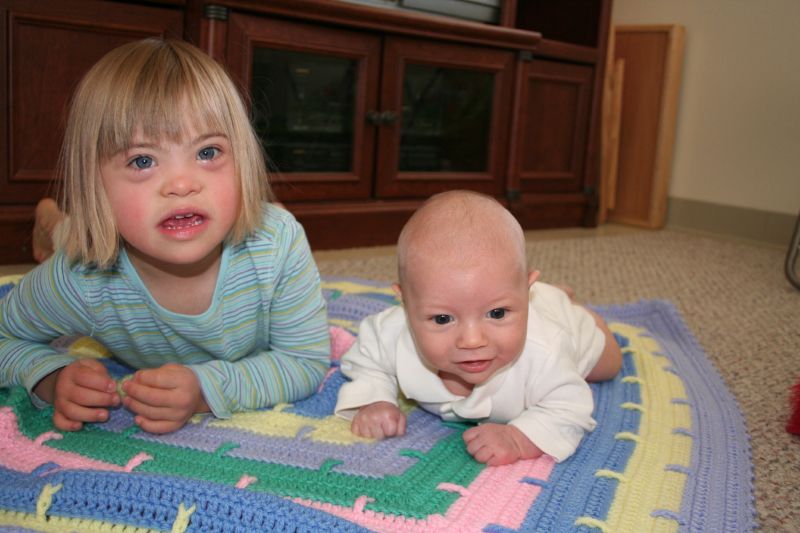
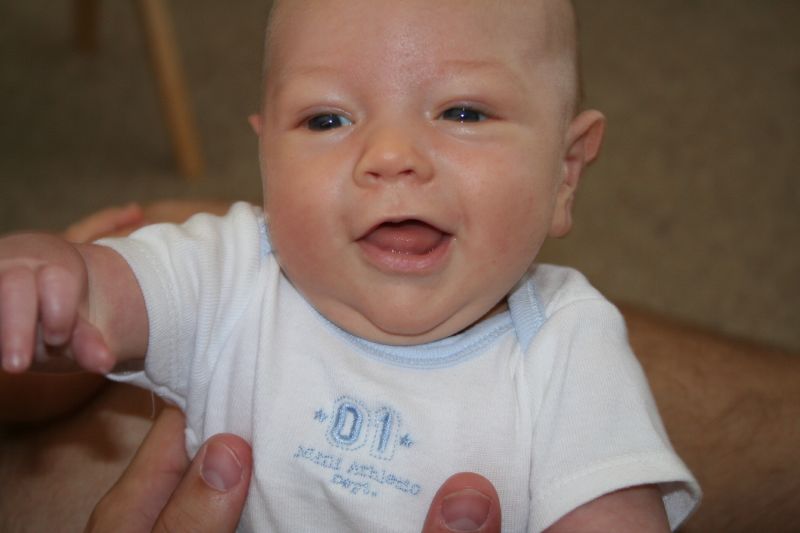
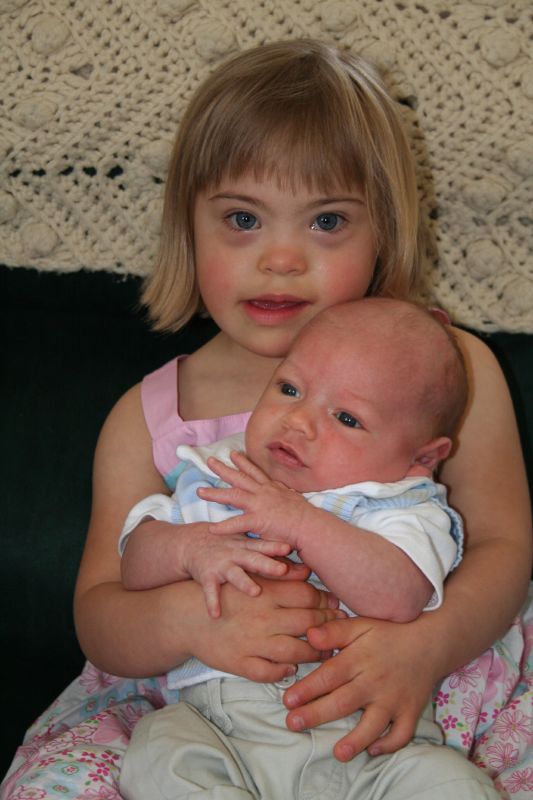
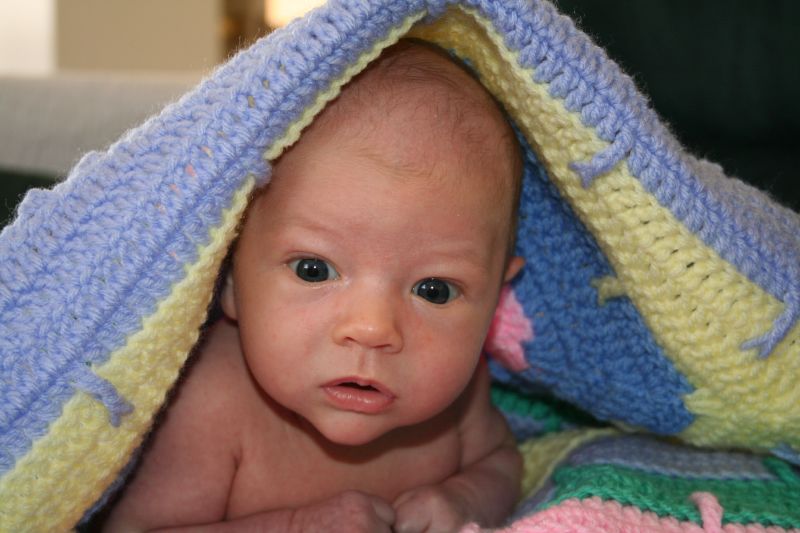
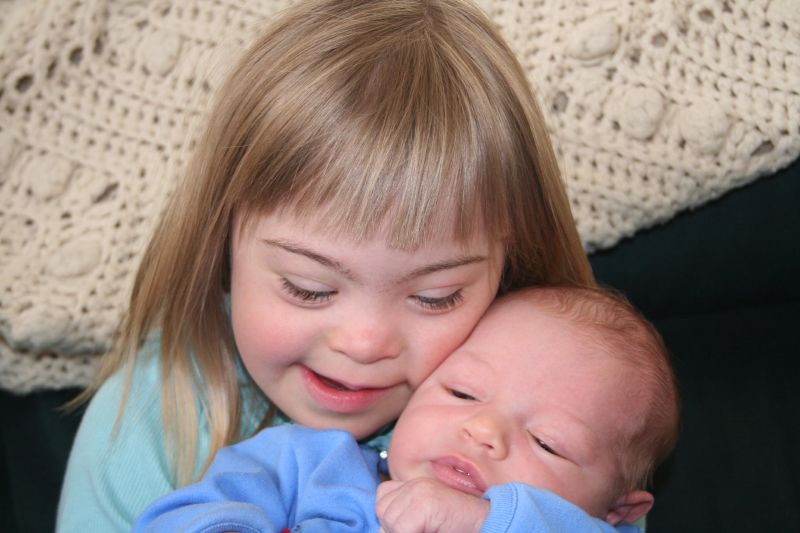
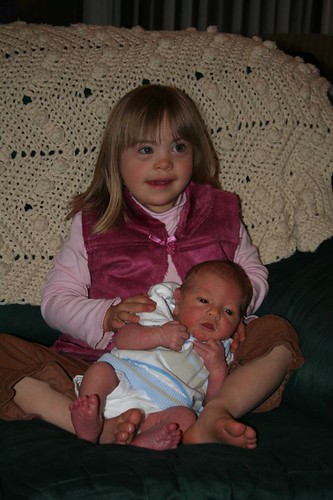
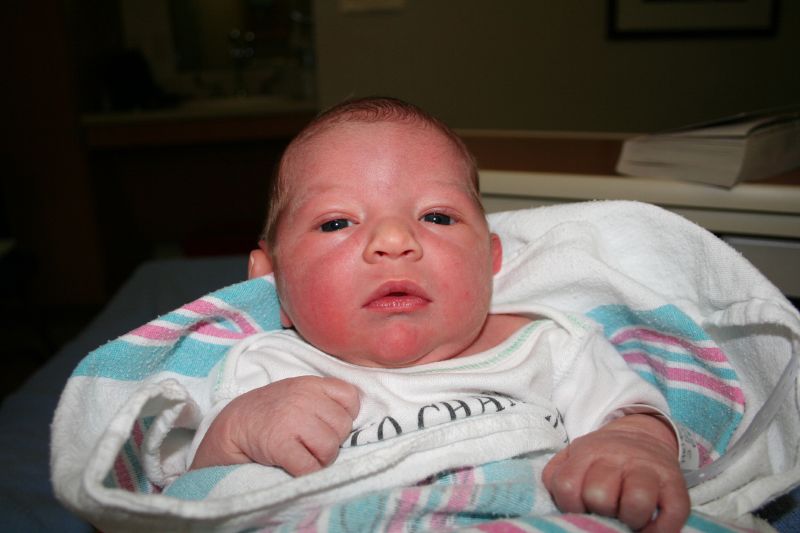
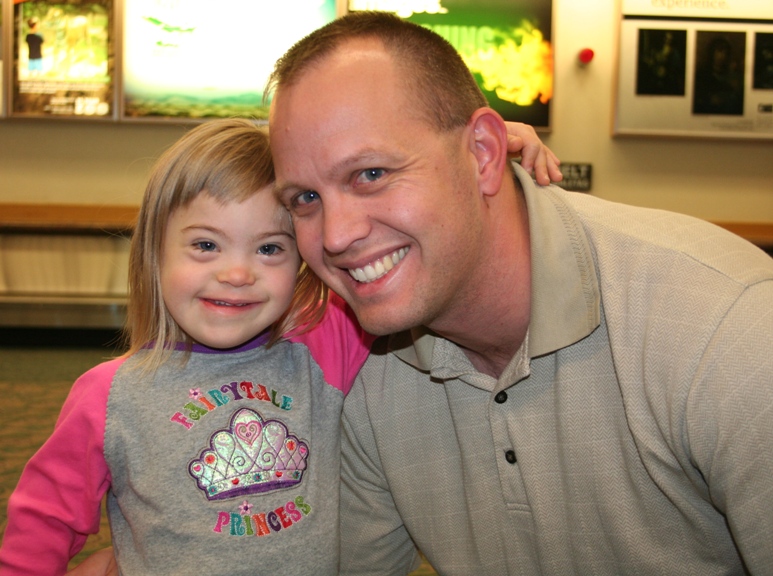
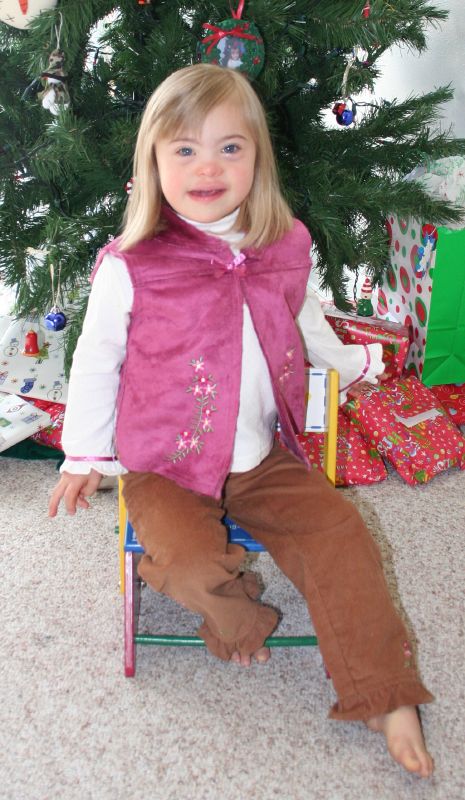
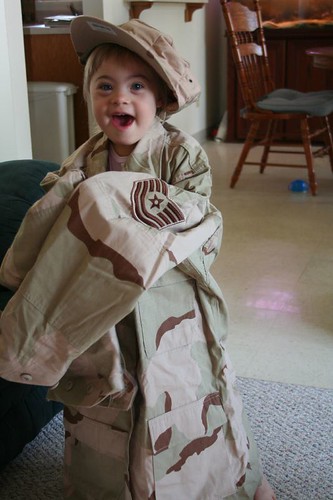
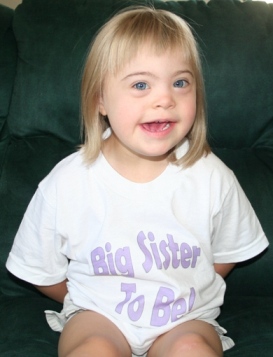
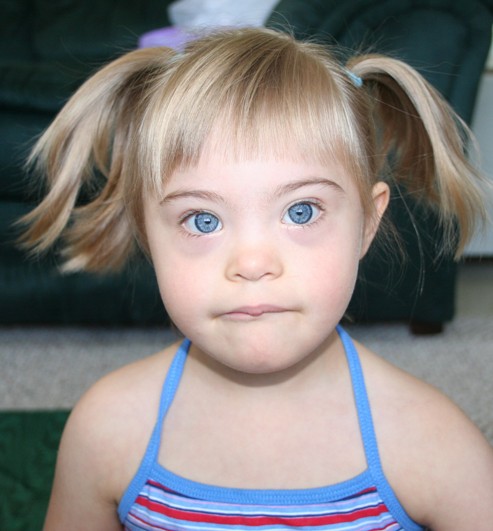
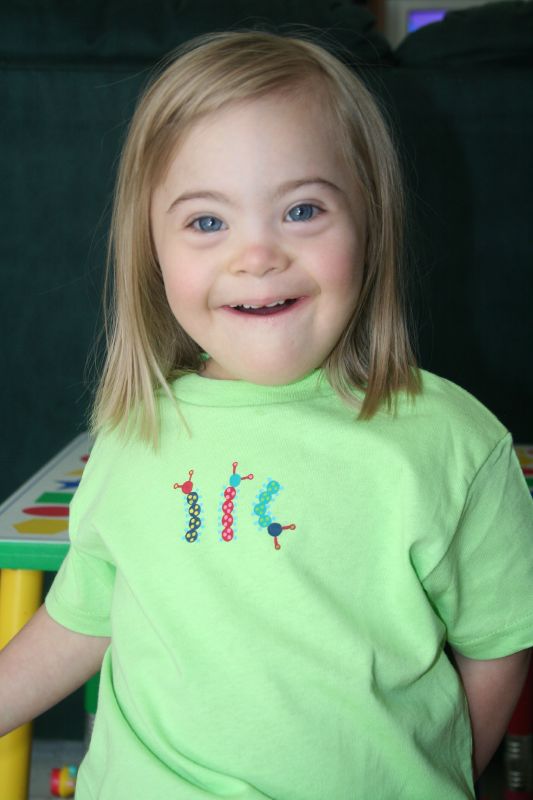
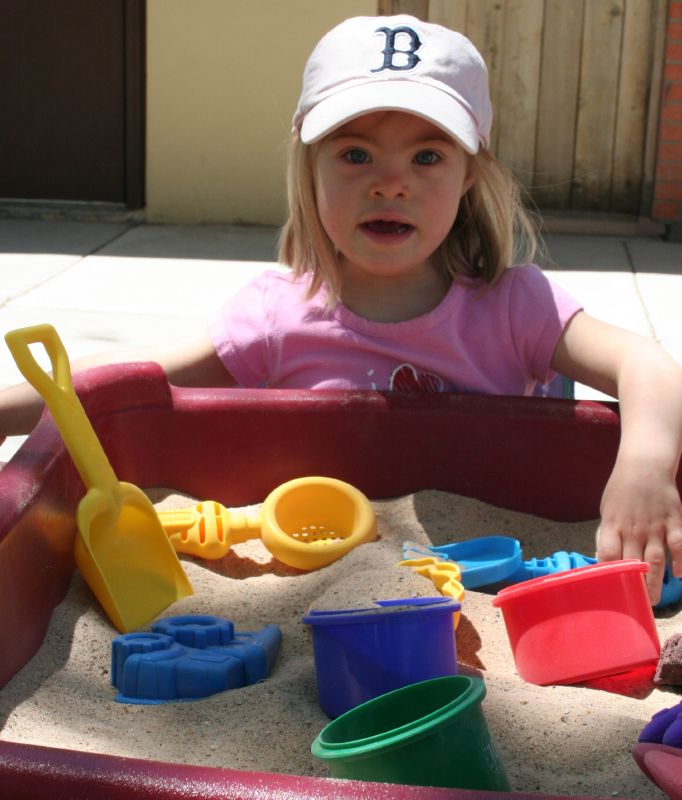
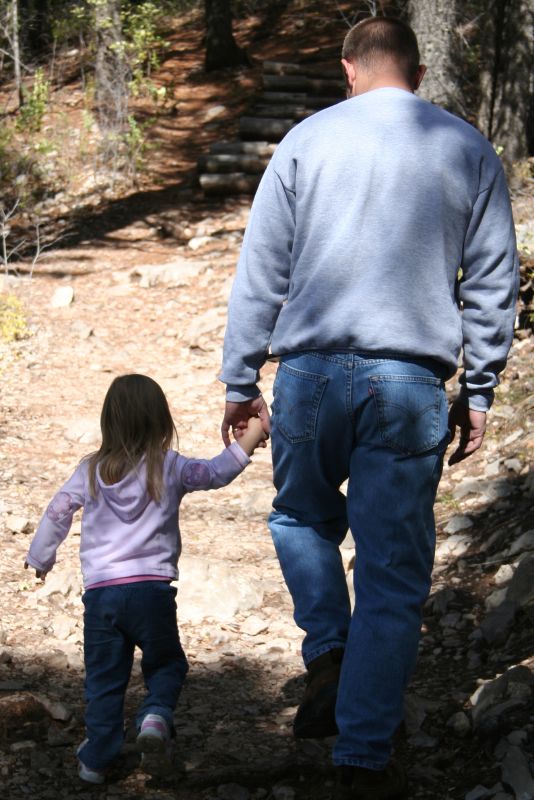

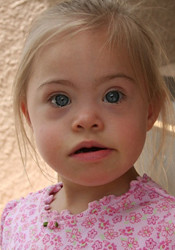




14 comments:
Wow, I need to read this again and digest it. Lots of good information for discussion here. Thanks for sharing.
In the two counties in which Samantha attended preschool, there was no public school inclusion model for *preschool* and she was in an all-IEP classroom. Some of the kids had Ds, some had speech delays, some had CP, etc. No peer modeling, but I will say, for preschool I wasn't that bothered. Actually, in her last year of preschool, we had her in the public setting for 3 days a week and in a private, "typical" preschool 2 days a week so she could get that peer modeling and be more prepared to begin Kindergarten. I can't imagine having her in Kindy or any grade above this and *not* be with typical peers. What she gets from them and what *they* get from *her* is invaluable. Having her in a self-contained classroom would be completely detrimental to *all* in my opinion. But I'm not judging Ryan's parents - they are obviously doing what they think is best for him. Good post, Michelle!
I've been thinking about this a lot after that news segment. That was the part that bothered me the most. I hoped they would comment about inclusion. Hailey will have a similar opportunity as Becca mentioned. I never thought you sending her to both.
Great post!
Great post. Kayla is just adorable! My daughter was on the other side of inclusion last year as a 1st grader. I embraced it and she was excited as well. She is such a nurturer so she was thrilled with the idea of being a friend and a helper to her peers.
Her class make up was 16 kids, 12 of them were boys and of the 16, 9 were inclusion with some sort of need for extra help.
On that first day a little boy grabbed from her and ripped up one of her worksheets, threw the pieces on the floor and spit on the pile of paper bits. Nothing was done; it was just explained to me as "that's just how he is".
After multiple meetings with her two teachers, it became very clear that the class was filled with kids with severe behaviorial problems... ADD, oppositional defiance, bipolar, ADHD, etc. There was some sort of violence in the classroom nearly every day. My daughter who loved school begged and cried for me not to send her. The teachers admitted that the class was out of control and that they had no time to devote to my daughter or any of the other non-inclusion kids. I did not want to have her moved from that class but eventually I had to insist and we spent the rest of the year getting her caught up.
If you say the word inclusion around me now, my stomach still drops. I think a lot of the push back comes from situations like these. I would never fault the kids in her class because every child deserves the best attention and education no matter what. However, it's the teachers and the administrations job to make inclusion work. But when there is only one inclusion class per grade, it can be a recipe for disaster.
I have talked to a lot of parents who had very similar experiences to mine which is so sad. I believe that is one of the reasons that inclusion is not fully embraced because I don't know many parents who would want their child (disability or without) in a class like the one we were in last year.
I had such high hopes for 1st grade but until something changes in the school, I will be writing "no inclusion" on her enrollment form each year. So sad.
I agree with the inclusion totally. I think that it's ok if Kayla is at a different level then the other students. It's just to be around them (so they're not "scared" of her).
What a great post and an important topic. As an educator in an inclusive preschool setting I have seen the amazing benefits for both typical developing peers as well as peers with disabilities. The difficult part with full inclusion is the training of all members involved in best practices. I was fortunate to receive my masters degree in Special Education- Severe and Profound Disabilities in Inclusive Settings. Unfortunately, there aren't many programs of this type around the country. In Arizona, I have seen a great shift towards inclusive practices, but not everyone is on board yet and workshops for inclusion are far and few. I am constantly reminding myself that fully inclusive programs won't happen over night, it is a shift that will take place over several years and we must take baby steps, even if this means a child being included for 20 minutes at a time.
Although I am a strong advocate for inclusive classrooms, I have seen benefits in self contained settings in very few settings. Self contained classrooms, in my experience, have been beneficial for very young children, just entering the public school system (just prior to 3 years old). For a short time (a year or less), a self contained room allows therapists and teachers to help a student transition into the world of public school. I have seen a self contained setting appropriate to meet sensory needs and teach communication skills. I also believe that a self contained classroom can be more beneficial for students with extreme health concerns. Although, in both cases, self contained is only for a short period of time, as a student transitions into typical classes.
Great post! Thanks for sharing a parent's prospective!
This is a FABULOUS post Michelle....very well written & the timing could not be any more perfect! I would love to print this post & bring it to our 2nd IEP meeting on Friday! Yes, our 2nd....my husband & I actually requested a meeting with the Director of Special Needs & the Supervisor of Early Childhood! We had the WORST IEP meeting, EVER....the school system was non-compliant & we basically gave them the choice to either fix their mess or we would seek legal guidance! I guess we scared them with KNOWLEDGE & they decided to disregard the first IEP & start from scratch! They actually recommended that Landon be placed in a classroom with children with disabilities! So much for the least restrictive environment & for believing in inclusion! Landon's been in daycare & now preschool (in a private preschool) since he was 3 months old! They basically went against ALL reports about how well inclusion has worked for him! This is preschool....geesh!! I'm with you on the inclusion thing....the other sounds good....but it's just not our reality!!
Agreed 150%.
I LOVE this post! As an elementary teacher for the last 9 years and mother of 2, I couldn't agree with you more! I also appreciated "shattered"'s comment, and sadly have seen this happen. Kids, from a very early age, should understand and embrace this diverse world in which we live. Best post yet, in my opinion!!! :)
We fought hard for an inclusive schooling, an inclusive life for our daugther Jessie. Now she is the advocate (and a much better one than me!). We all deserve to reap the benifits and yes, sometimes the heartaches, of inclusion. Its good for people, for schools, for communities. And boy do you get to laugh a lot! But I also think that Jessie's peers (some long standing friends now) are also the people who are future employers and leaders and coworkers, and Jessie has influenced them immeasurably ... and they come back to tell her so! Yeah Facebook!
I have asked Jessie if she regrets us putting her so often in the line of fire (she was usually/almost always the first to be fully included) and she says that it is the best thing that happened to her, and she would and will continue to speak out for inclusion of ALL people, for diversity, for welcoming all. That makes me feel better!
You made me cry Michelle.So much truth. Education becomes the battleground for inclusion but in reality the fight is with society, the larger world. If there wasn't so much stigma/ableist views, ALL children could go in and out of focused learning groups without it being a bad or good thing- just the way it was for all. That is my concept of inclusion.
Great post.
Great post. Please see my wife's blog to see how you can succeed with inclusion http://sassysoutherngal.posterous.com/middle-school-yes
That was what disturbed me about the great publicity was then showing him in a segregated classroom. We have fought and won in our past location and now here in Olathe KS are enjoying another great experience of Rachel being fully included in Middle School. The battles are not always easy but we as parents have rights and you can fight. Please people don't give up. We can't expect our kids to live away from the world when someday they will have to be out in it.
We all get treated badly in school regardless.
We have worked hard to foster friendships and relationships with typical peers. We are blessed that Rachel has some great friends. This extends beyond school.
Yes we have a long way to go but look how far we have also come.
Well-said. Loved the Target commercial and I am certain this family is doing what they believe to be best for their child but my husband and I both immediately noticed the reference to the segregated school. I support parental choices but love the author's reasoning of why she wants her children in inclusive settings. I do a ton of speaking and I always say inclusion does more for those without disabilities than those with disabilities. And I say that I want my daughter who has Down syndrome to live a real life like everybody else. She can't do that in a separate classroom! Thank you for this encouraging blog!
Post a Comment